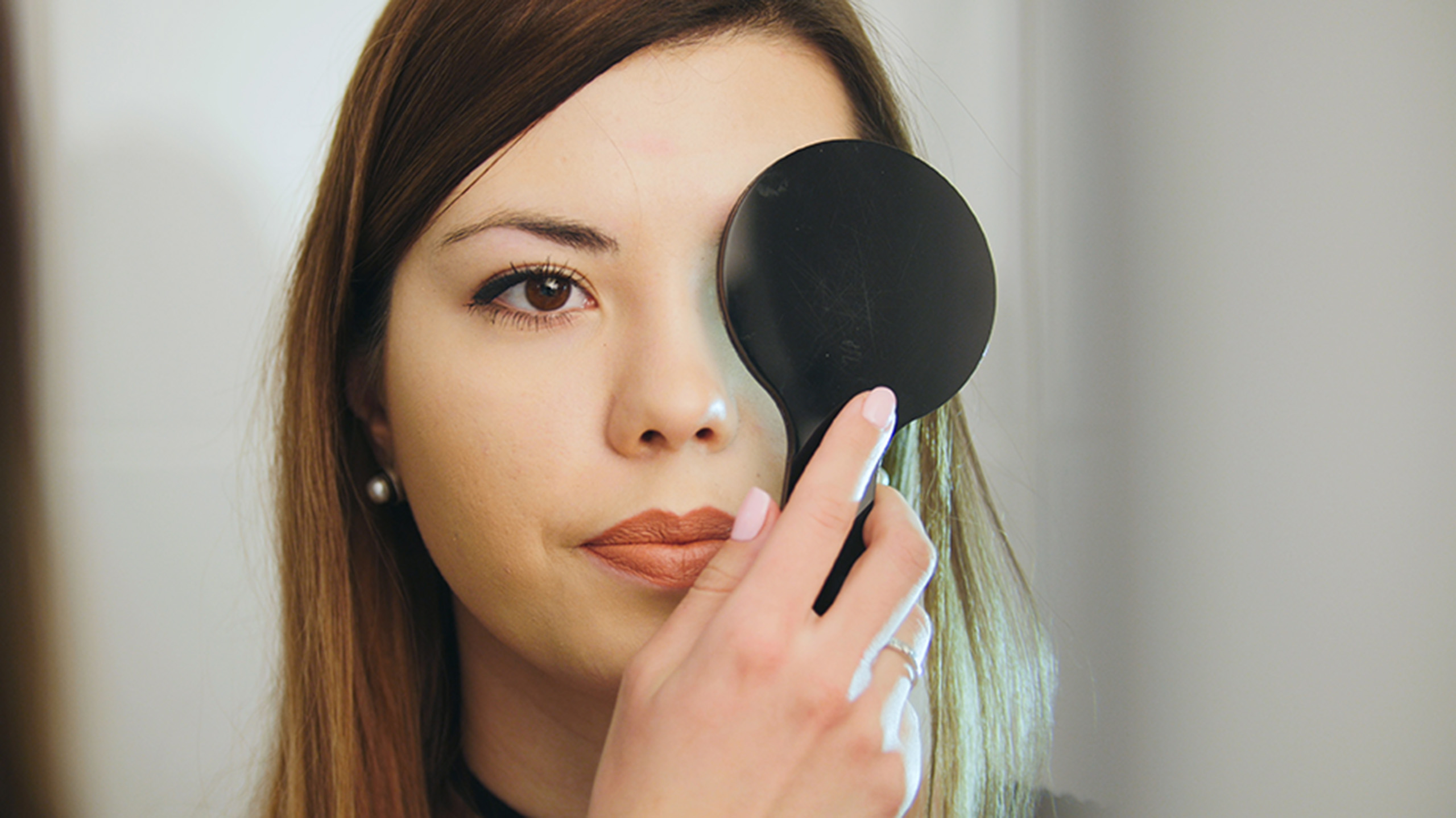Vision Therapy for Traumatic Brain Injury in Parker, CO
Following a traumatic brain injury (TBI), it is common for individuals to experience various visual impairments that can significantly impact their daily lives. These visual challenges may include difficulties with reading, focusing, eye coordination, and overall visual perception. It is crucial to address these vision problems to improve quality of life and enhance overall visual function. At Good iSight Optometry and Vision Therapy, we will develop a customized treatment plan tailored to your specific visual challenges.

How does a TBI affect vision?
A traumatic brain injury can have a significant impact on the visual system. The brain and the visual system are intricately connected, and damage to the brain can result in various visual impairments.
Double vision (diplopia)
Individuals may experience seeing two images instead of one, making it challenging to focus and perceive the environment accurately.
Eye movement control difficulties
TBI can affect the ability to move the eyes smoothly and accurately, leading to problems with tracking moving objects or scanning the visual field.
Visual field defects
These refer to partial or complete loss of vision in specific areas of the visual field, leading to blind spots or reduced peripheral vision.
Light sensitivity (photophobia)
Many individuals with TBI become more sensitive to light, experiencing discomfort or pain when exposed to bright lights or glare.
Changes in visual processing
TBI can disrupt the brain’s ability to interpret and process visual information, resulting in difficulties with visual memory, visual-spatial skills, and visual attention.
How can vision problems affect daily life and activities?
The visual challenges following a traumatic brain injury can significantly impact an individual’s daily life and activities.
- Reading difficulties: TBI may lead to problems with tracking lines of text, focusing on words, or maintaining attention while reading.
- Impaired depth perception: Judging distances accurately can become challenging, making tasks such as driving or navigating stairs more difficult.
- Balance and coordination issues: Vision plays a crucial role in maintaining balance and coordinating movements. Visual problems after a TBI can contribute to balance disturbances and difficulties with coordination.
- Challenges with visual information processing: Difficulties in processing visual information may affect tasks such as recognizing faces, understanding visual cues, and interpreting complex visual scenes.
How long do vision problems last after a TBI?
The duration of vision problems after a TBI can vary depending on several factors, including the severity of the injury and individual differences in healing and recovery processes. In some cases, mild vision problems following a TBI may improve on their own as the brain heals. However, it’s important to note that not all vision problems spontaneously resolve, and professional intervention may be necessary to facilitate visual recovery.
It is recommended to seek professional help from an optometrist experienced in vision therapy or neuro-optometric rehabilitation if you are experiencing vision problems after a TBI. Even if the symptoms seem mild or temporary, it is essential to have a comprehensive evaluation to determine the extent of visual impairments and develop an appropriate treatment plan. Early intervention can lead to better outcomes and improve the overall visual recovery process.
How does neuro-optometric rehabilitation work?
Neuro-optometric rehabilitation is a specialized approach to visual rehabilitation that aims to enhance visual function and improve visual symptoms after a traumatic brain injury.
- Comprehensive assessment: A thorough evaluation of visual function is conducted to identify specific visual impairments and develop a tailored treatment plan.
- Individualized treatment plan: Based on the assessment results, a personalized treatment plan is created, addressing the unique visual challenges of each patient.
- Visual exercises and activities: Vision therapy sessions involve a variety of exercises and activities designed to strengthen visual skills, improve eye coordination, enhance visual processing, and address specific visual deficits.
- Progress monitoring: Regular progress evaluations are conducted to track improvements, modify the treatment plan if necessary, and ensure optimal outcomes.
Visual Therapy Services that Unlock Your Vision Potential
Book Your Appointment Today
Vision Therapy and Optometry Services at Good iSight
Personalized Vision Therapy
Vision therapy is a non-invasive and effective approach to improving visual skills and overcoming visual difficulties. Through a personalized treatment plan, we target areas such as eye coordination, focusing ability, visual tracking, and visual perception.
Preventative Care and General Optometry
We offer comprehensive preventative care and general optometry services to ensure the long-term health and well-being of your eyes. Regular eye exams are essential for maintaining optimal visual health and detecting potential eye conditions at an early stage.
Neuro-Optometric Rehabilitation
Our neuro-optometric rehabilitation program focuses on improving visual function and promoting recovery through targeted interventions. By stimulating the visual system and promoting neuroplasticity, neuro-optometric rehabilitation can lead to significant improvements in visual abilities, visual comfort, and functional vision after a neurological incident.
Pediatric Optometry
We understand the unique visual needs of children and the importance of early intervention for their visual development. Our pediatric optometry services provide comprehensive eye care for children of all ages, from infants to adolescents.
Same-Day Emergency Care for Patients
If you experience an eye emergency such as a foreign object in the eye, eye infections, sudden vision changes, or eye trauma, do not hesitate to call Good iSight in Parker, CO. We prioritize your eye health and understand the importance of quick intervention in emergency situations.

Vision Therapy and Rehabilitation in Parker, CO
At Good iSight Optometry and Vision Therapy, we understand the unique challenges that arise from a traumatic brain injury and the impact they can have on your daily life. Schedule your initial consultation today whether you are experiencing difficulties with eye coordination, visual processing, depth perception, or other visual challenges after a TBI. Dr. Good and her experienced team will work closely with you to develop a personalized plan to optimize your visual function.
